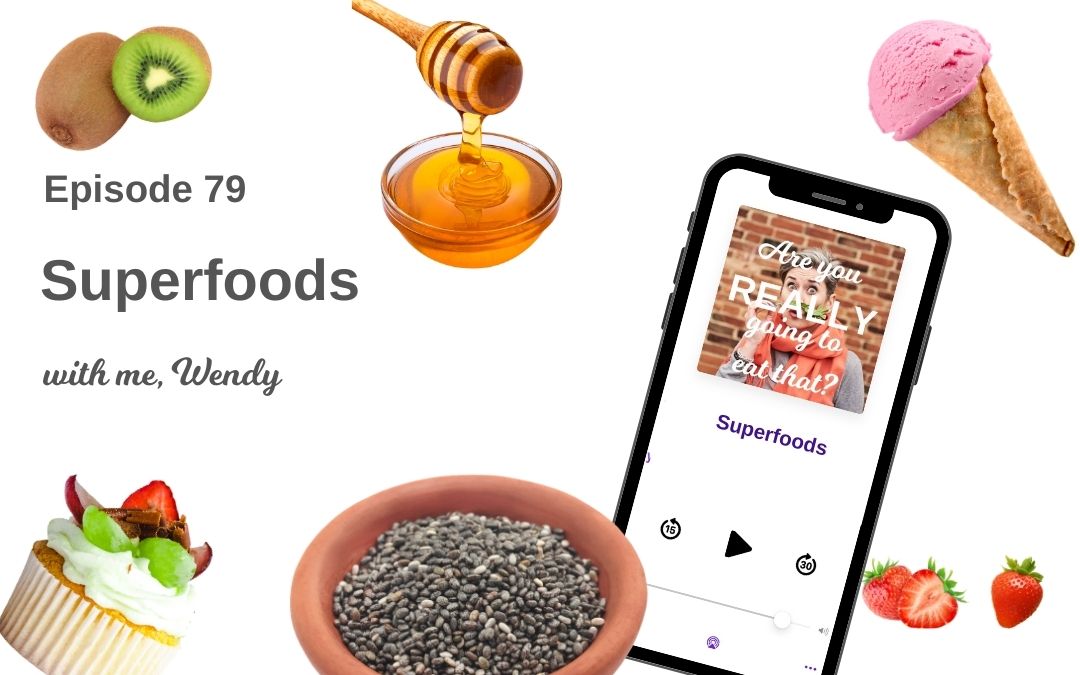Personally, I think all foods are super but to be labelled a superfood, the food has to be proved scientifically to be especially nutritious or beneficial to health.
What makes a superfood?
Foods considered especially nutritious or otherwise beneficial to health and wellbeing.
In 2007 the marketing of products as superfood, was banned in EU countries unless accompanied by a specific medical claim supported by credible scientific research. A lot of superfood claims relate to the Oxygen Radical Absorbance Capacity (ORAC) score – I often refer to this as antioxidant foods.
Are they real foods?
In this episode I’m going to give you some of the foods that I believe are easy to add to your regular diet, to give you a health boost. Yes, spirulina, wheatgrass and acai berries might be superfoods but they are not easy to incorporate into your diet, and are not always the most environmentally friendly of foods.
Quinoa – is actually not a grain, it’s a seed. It cooks much like rice and can be used anywhere you might add or eat rice. It’s high in protein and unusually for a plant, it has the full balance of amino acids.
NASA feeds quinoa to it’s astronauts as it has the most amount of nutrients per 100 calories, has no cholesterol and does not cause allergies. It’s about as close to a perfect food as we can get. To find out more about quinoa listen to episode 78 where I talk to James from Quinola about this amazing grain.
Chia Seeds – one of my favourites, these power houses of tiny seeds are easily sprinkled on breakfast, added to smoothies and salads. They are rich in nutrients, high in protein and Omega 3. Chia seeds are shown in studies to help reduce weight, control blood sugar levels and cholesterol.
Sesame Seeds and Flaxseeds – amazing sources of fibre but are also natural phytoestrogens. Phytoestrogens are plan oestrogens, that work synergistically with our bodies to optimise oestrogen absorption.
Honey and Manuka Honey – can be used topically for acne, sore throats and fungal infection. It has a long history of naturopathic use for it’s antimicrobial and antioxidant properties.
Blackcurrant – yes the humble blackcurrant is packed with Vitamin C, potassium, tannins. Blackcurrant extract is believed to improve insulin sensitivity. It may also help improve allergy induced lung inflammation.
Garlic – fabulous immune support due to its antiviral antibacterial, antifungal and anti-parasitic properties.
Liver detoxification, inhibits phase I and induces phase II to promote elimination of drugs, toxins and carcinogens from the body.
Cacao – (not chocolate but proper cacao) one of the richest sources of phenolic compounds, which are beneficial in preventing cardiovascular disease. Oh, and did I mention it tastes great?
The final word
Simply by eating something that is labelled a superfood is not, on it’s own, going to improve your health.
All fruit, vegetables, herbs and spices have super powers for healing. Incorporating a variety of types, that includes superfoods within a healthy varied diet will give you the optimum health results.
My links
How often do you add superfoods to your diet, and has this episode inspired you to add more – let me know!

